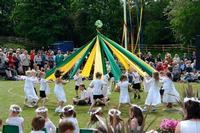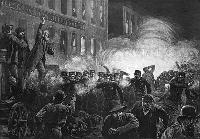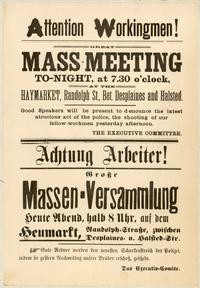What do you think of when you hear the words "May Day"?
(And no, I don’t mean the distress call "mayday," which comes from m’aidir, French for "help me"—and is, interestingly, entirely unrelated to the holiday!)
Although it’s uniformly celebrated on May 1, May Day holds many different meanings. For centuries, various European cultures have recognized it as the long-awaited return of spring, marked by maypole dancing and seasonal festivities. Others see it as a religious holiday: since at least the 1700s, Catholics have set May Day aside to honor Mary, the most venerated female figure in their faith.
More widely practiced than either of these fêtes, however, is the observation of May Day as International Workers’ Day. In the 1880s, labor unions in the United States were fighting to regulate the length of the working day to a standard eight hours, in order to combat the practice of employers demanding shifts of 10, 12, or even 16 hours from their employees. (Today’s 40-hour work week is the direct result of this campaign.) On May 1, 1886, strikes and rallies were held throughout the country to promote this effort; in Chicago, it set off a series of events known as the Haymarket affair, in which peaceful protesters, civilians, and police were killed and four anarchist labor leaders were murdered by the state. In commemoration of the Haymarket affair and the struggle for workers’ rights, the nascent socialist movement chose May 1 as International Workers’ Day in 1891.
Why, though, is International Workers’ Day not particularly present in the United States, if it memorializes events that occurred in Chicago? A push to create a public holiday honoring the labor movement had begun in the United States well before the Haymarket affair; by the late 1880s, a number of states were already celebrating Labor Day in September, as we do today. When the opportunity came to set a federally observed date, President Grover Cleveland resisted associating the United States with global pro-labor organizations, preferring the genteel connotations of the September date to the politically charged May Day. On 1894, Labor Day was nationally cemented as occurring on the first Monday in September.
This May Day, you can find a plethora of ways to celebrate at the Free Library.
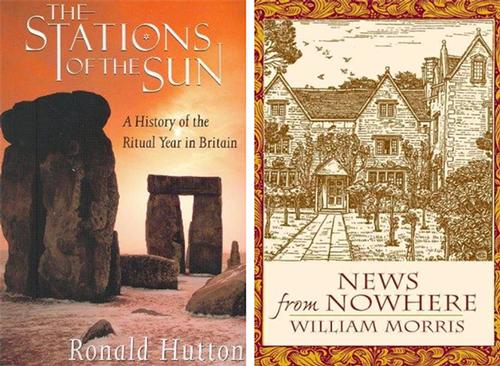
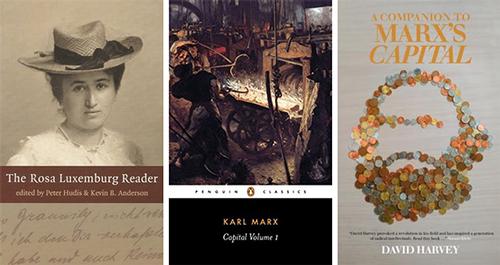

How will you recognize May Day this year? Share your favorite traditions below.
Have a question for Free Library staff? Please submit it to our Ask a Librarian page and receive a response within two business days.

